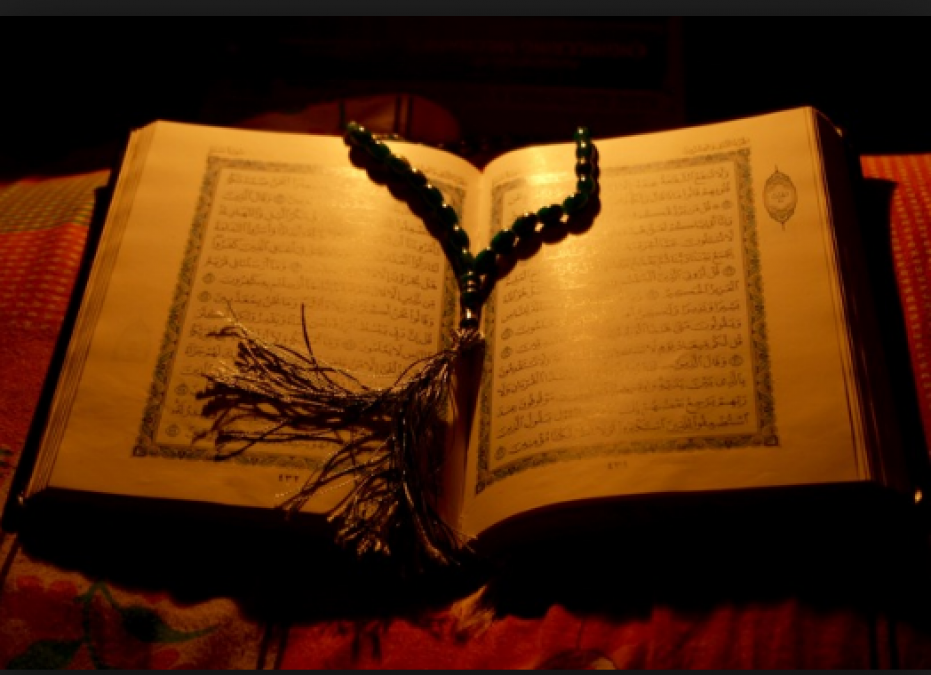
Prayer beads are used in many religions and cultures around the world, either to help with prayer and meditation or to simply keep the fingers occupied during times of stress. Islamic prayer beads are called subha, from a word which means to glorify God (Allah). Also Known As: misbaha, dhikr beads, worry beads. The verb to describe the use of the beads is tasbih or tasbeeha. These verbs are also sometimes used to describe the beads themselves. Common Misspellings: "Rosary" refers to the Christian/Catholic form of prayer beads. Subha are similar in design but have distinct variations.
Examples: "The old woman fingered the subha (Islamic prayer beads) and recited prayers while she waited for her grandson to be born."
also read Lord Parsuram the Kshatriya-slayer, teaching from his life
History At the time of the Prophet Muhammad, Muslims did not use prayer beads as a tool during personal prayer but may have used date pits or small pebbles. Reports indicate that Caliph Abu Bakr (may Allah be pleased with him) used a subha similar to modern ones. The widespread manufacture and use of subha began about 600 years ago.
Materials Subha beads are most often made of round glass, wood, plastic, amber or gemstone. The cord is usually cotton, nylon or silk. There is a wide variety of colors and styles on the market, ranging from cheap mass-produced prayer beads to those that are made with expensive materials and high-quality workmanship.
Design Subha may vary in style or decorative embellishments, but they share some common design qualities. Subha have either 33 round beads, or 99 round beads separated by flat disks into three groups of 33. There is often a larger, leader bead and a tassel at one end to mark the start point of recitations. The color of the beads is most often uniform throughout a single strand but can vary widely among sets.
Use The subha is used by Muslims to help count recitations and concentrate during personal prayers. The worshipper touches one bead at a time while reciting words of dhikr (remembrance of Allah). These recitations are often of the 99 "names" of Allah, or of phrases that glorify and praise Allah. These phrases are most often repeated as follows:
also read Common greeting used by Muslims during Ramadan
Subhannallah (Glory to Allah)--33 times
Alhamdilillah (Praise be to Allah)--33 times
Allahu Akbar (Allah is Great)--33 times
This form of recitation stems from an account (hadith) in which the Prophet Muhammad (peace be upon him) instructed his daughter, Fatima, to remember Allah using these words. He also said that believers who recite these words after every prayer "will have all sins pardoned, even if they may be as large as the foam on the surface of the sea." Muslims may also use prayer beads to count multiple recitations of other phrases while in personal prayer. Some Muslims also carry the beads as a source of comfort, fingering them when stressed or anxious. Prayer beads are a common gift item, especially for those returning from Hajj (pilgrimage).